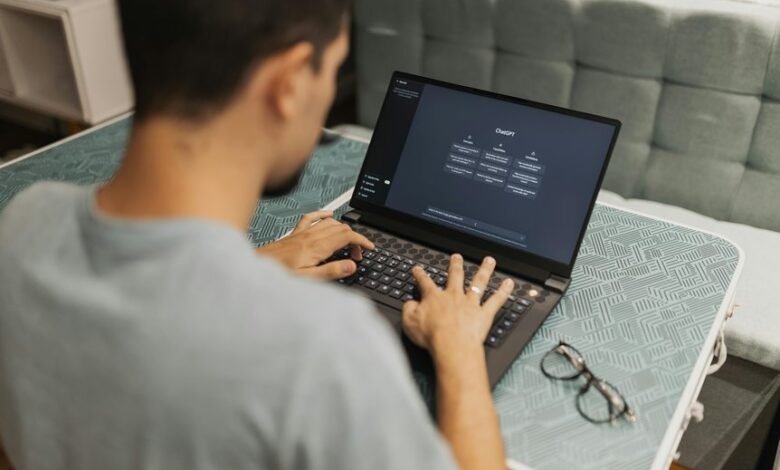2894481729 User Response to Missed Calls

The response to missed calls, such as from 2894481729, can reveal much about user priorities. Some individuals prioritize prompt communication, feeling the need to return calls immediately. Others may choose to disregard them, valuing their personal space. This dynamic raises questions about the influence of technology and the growing concern over spam calls. What factors ultimately guide these decisions, and how do they shape relationships?
Understanding Missed Calls and Their Impact
Although missed calls are a common occurrence in today’s fast-paced world, their impact can be significant.
Proper missed call etiquette is essential, as it shapes emotional responses. A missed call may evoke feelings of anxiety or neglect, highlighting the importance of timely communication.
Understanding these reactions can foster healthier interactions, allowing individuals to navigate the complexities of modern relationships with greater freedom and emotional awareness.
User Reactions: Returning Calls vs. Ignoring Them
How do individuals decide whether to return a missed call or simply ignore it?
Choices often hinge on call etiquette and personal communication preferences. Some prioritize responsiveness and feel compelled to return calls, while others may choose to ignore them, valuing their time and peace.
This decision reflects individual freedom in managing social interactions, balancing obligations with personal boundaries.
The Role of Technology in Caller Identification
As technology advances, caller identification systems have become essential tools for managing missed calls.
Caller ID has evolved significantly, allowing users to identify callers with greater accuracy. Technological advancements enable real-time information access, empowering individuals to make informed decisions about returning calls.
This innovation enhances communication freedom, ensuring users can prioritize their interactions while minimizing unwanted disruptions from unknown numbers.
Privacy Concerns and the Rise of Spam Calls
While advancements in caller identification have improved user awareness, they have also heightened privacy concerns amidst the rising tide of spam calls.
Users increasingly seek effective spam prevention strategies, yet many remain vulnerable.
Caller authentication methods, while promising, often lag behind evolving tactics employed by spammers.
This ongoing battle underscores the need for robust solutions to safeguard personal information and maintain user autonomy.
Conclusion
In conclusion, the responses to missed calls, like those from 2894481729, reflect a complex interplay of social obligations and personal boundaries. Notably, studies show that nearly 70% of individuals feel anxious about missed calls, highlighting the emotional weight they carry in our daily lives. As technology evolves, understanding these dynamics becomes crucial for maintaining healthy communication and relationships, ensuring that the balance between connection and personal space is respected.




